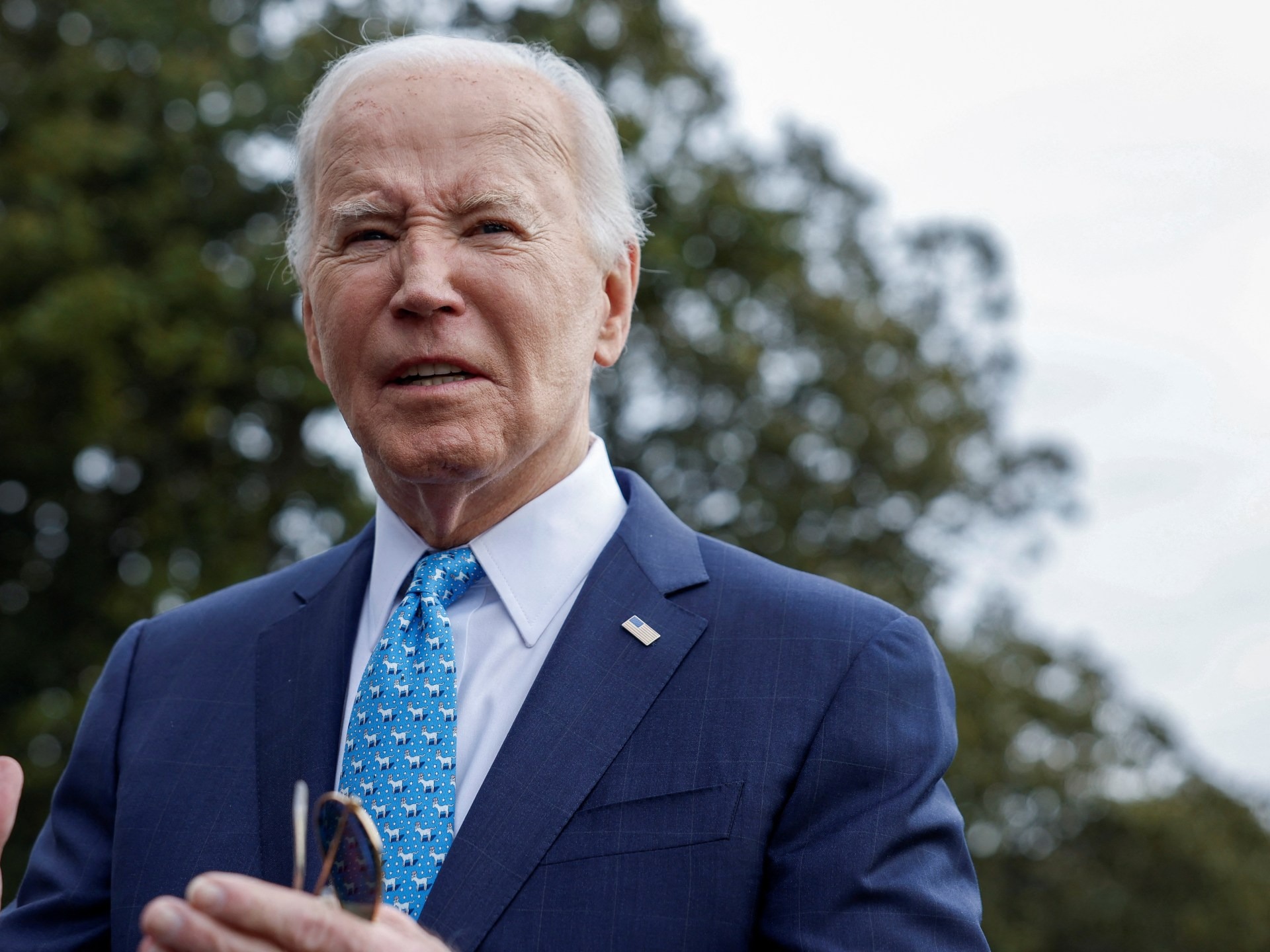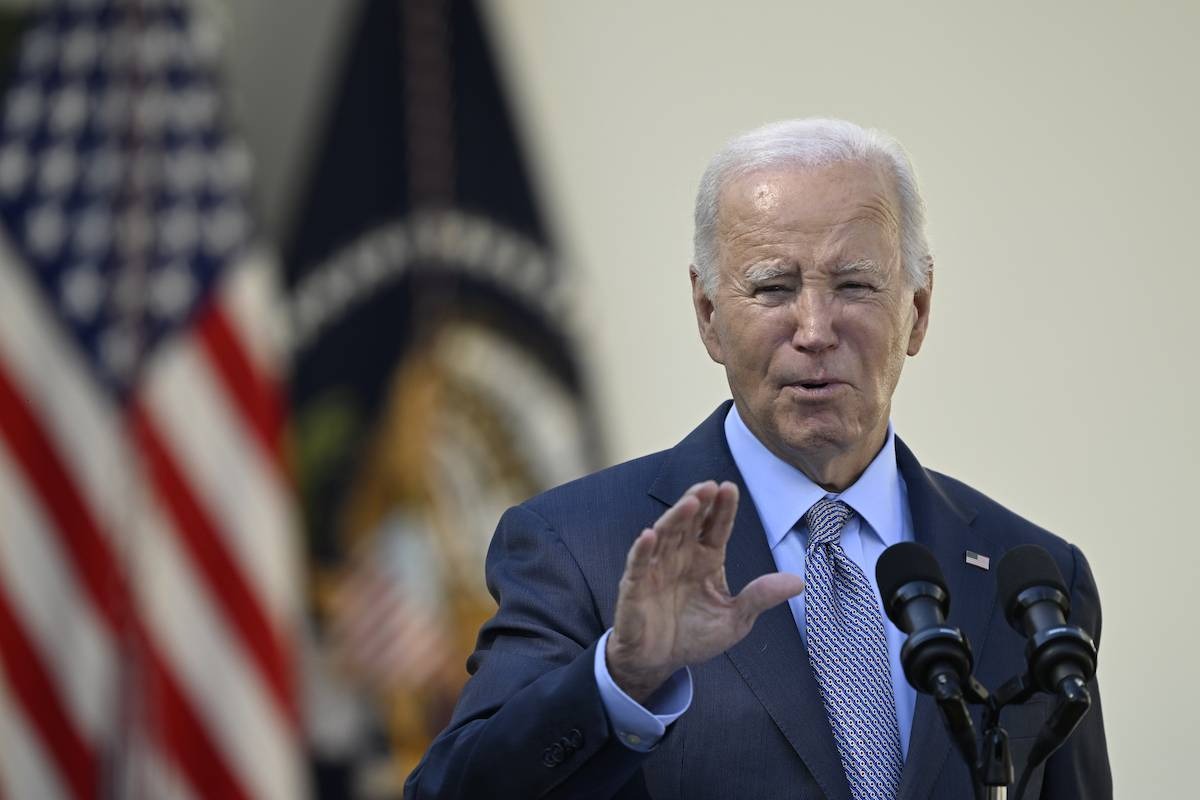The situation in the Middle East remains tense, with recent events in Damascus adding fuel to the fire. Israeli warplanes reportedly struck Iran’s diplomatic compound in the Syrian capital, marking the third and deadliest attack against Iran’s Islamic Revolutionary Guard Corps (IRGC) in Syria.
Seven high-ranking IRGC commanders were reportedly killed in the strike, including Brig. General Mohammad Reza Zahedi, a key military liaison to Hezbollah’s leader Hassan Nasrallah. This strike is seen as a blow to IRGC operations in the region.

Israel’s message is clear: it will not hesitate to target IRGC leadership and Iranian proxies. This latest attack follows Israel’s continued efforts to address what it perceives as immediate threats to its security.
Meanwhile, tensions between the United States and Israel have been growing. President Biden has been urging Israeli Prime Minister Benjamin Netanyahu to end military operations in Gaza against Hamas, but Israel remains steadfast in its approach.
Israel’s actions are driven by its perception of existential threats posed by Hamas, Hezbollah, and IRGC forces. The recent killing of seven humanitarian workers by Israeli forces has only exacerbated tensions between the two allies.
While Israel has admitted to unintentionally striking the humanitarian convoy, President Biden has expressed outrage and called for greater protection of aid workers. However, he has also faced criticism for not holding Hamas accountable for its role in putting civilians at risk.

The conflict in the Middle East is complex and multi-faceted. It is not limited to Israel and Hamas but involves multiple actors with competing interests. As tensions continue to escalate, the risk of a full-scale regional war looms large.
President Biden must prioritize de-escalation and diplomatic solutions to prevent further bloodshed. The situation in the Middle East is volatile, and any misstep could have dire consequences for the region and beyond.


